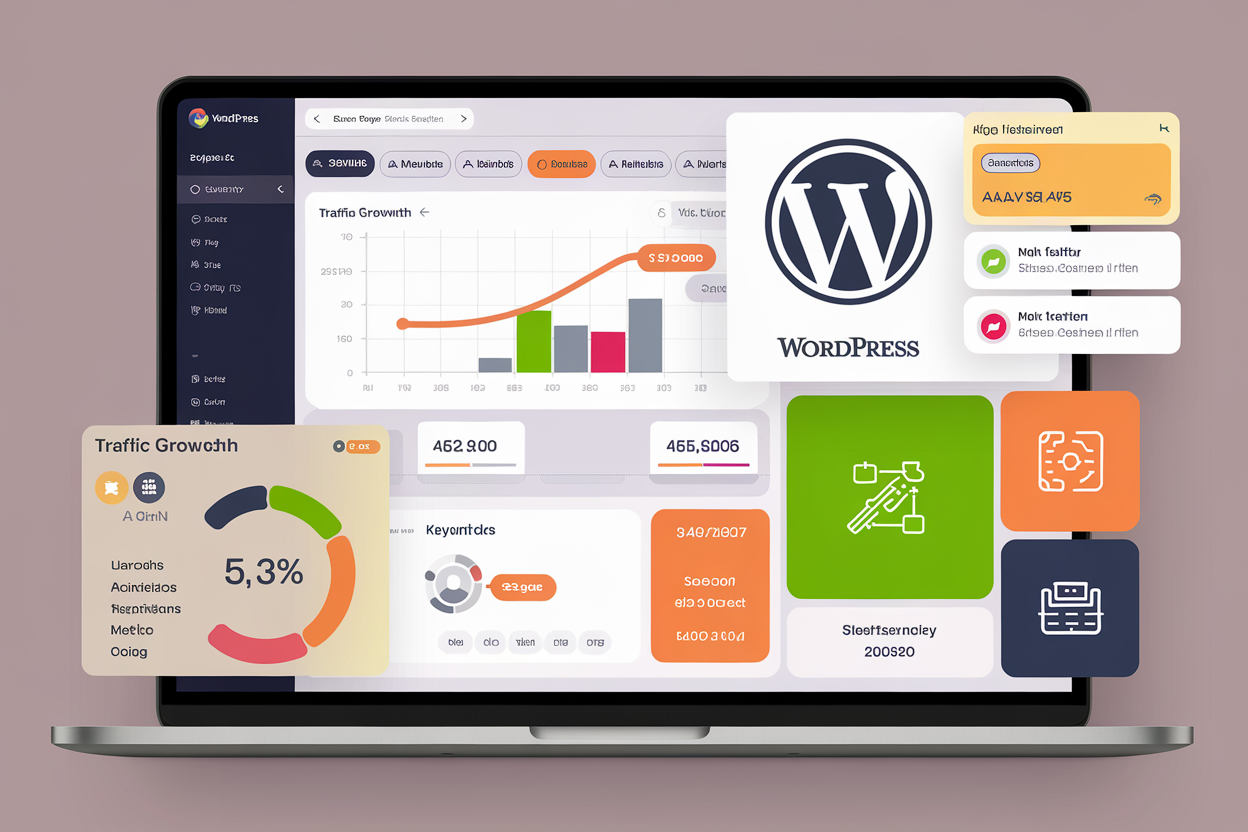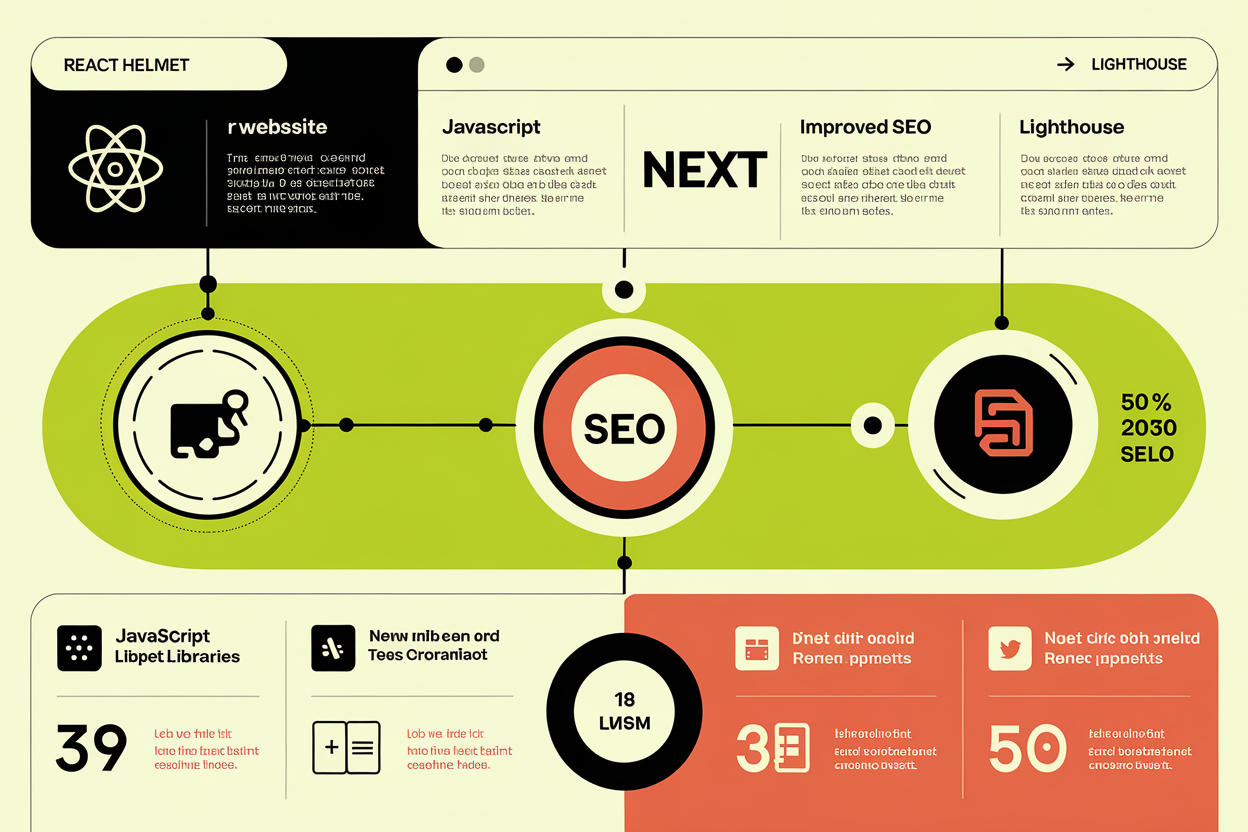Boost Your Website's SEO with These Essential Tips
By Kainat Chaudhary
Search Engine Optimization (SEO) is crucial for improving your website’s visibility and driving organic traffic. By optimizing your site for search engines, you can increase your chances of ranking higher in search results. Here are some essential SEO tips to help you boost your website's performance.
1. Optimize Your Content
High-quality, relevant content is the cornerstone of effective SEO. Ensure that your content is informative, engaging, and valuable to your audience. Use targeted keywords naturally within your content, but avoid keyword stuffing, which can negatively impact your rankings.
2. Use Header Tags Strategically
Header tags (H1, H2, H3, etc.) help organize your content and make it more readable for both users and search engines. Use these tags to structure your content logically, with your primary keyword in the H1 tag and secondary keywords in H2 and H3 tags.
<h1>Primary Keyword Here</h1>
<h2>Secondary Keyword Here</h2>
<h3>Tertiary Keyword Here</h3>3. Optimize Meta Tags
Meta tags, including the title tag and meta description, play a vital role in SEO. The title tag should be concise and include your primary keyword, while the meta description should provide a brief overview of the page’s content and also include relevant keywords.
<head>
<title>Primary Keyword - Your Website Name</title>
<meta name="description" content="Brief overview with primary and secondary keywords.">
</head>4. Improve Page Load Speed
Page load speed is a critical factor for both user experience and SEO. A slow website can lead to higher bounce rates and lower rankings. Use tools like Google PageSpeed Insights to identify and fix issues that might be slowing down your site.
5. Ensure Mobile-Friendliness
With the majority of users accessing websites from mobile devices, ensuring your site is mobile-friendly is essential. Use responsive design techniques to make sure your site looks and functions well on all screen sizes. Google’s Mobile-Friendly Test can help you evaluate your site’s performance on mobile devices.
6. Leverage Internal Linking
Internal linking helps search engines understand the structure of your site and the relationship between different pages. It also helps distribute page authority and improves navigation for users. Use relevant anchor text to link to other pages on your site.
<a href="/related-page" title="Related Topic">Related Topic</a>7. Optimize Images
Images can enhance user experience, but they need to be optimized for SEO. Use descriptive file names and alt text that includes relevant keywords. Compress images to reduce file size and improve page load speed.
<img src="optimized-image.jpg" alt="Descriptive Alt Text with Keyword">8. Implement Schema Markup
Schema markup is a type of microdata that helps search engines understand your content better and provide rich snippets in search results. Implementing schema can improve your site’s visibility and click-through rates.
<script type="application/ld+json">
{
"@context": "https://schema.org",
"@type": "Article",
"headline": "Your Article Title",
"description": "Brief description of your article.",
"image": "https://yourwebsite.com/image.jpg",
"author": {
"@type": "Person",
"name": "Author Name"
}
}
</script>9. Focus on Backlinks
Backlinks from reputable sites are crucial for SEO. They signal to search engines that your site is trustworthy and authoritative. Focus on creating high-quality content that others want to link to and engage in outreach to build relationships with other sites in your niche.
10. Monitor and Analyze Your SEO Performance
Regularly monitoring and analyzing your SEO performance is essential to identify what’s working and what needs improvement. Use tools like Google Analytics and Google Search Console to track your site’s traffic, keyword rankings, and other key metrics.
By following these essential SEO tips, you can improve your website’s visibility, drive more organic traffic, and ultimately achieve better search engine rankings. Staying up-to-date with the latest SEO practices and continuously optimizing your site will help you stay ahead in the competitive digital landscape.

SEO Strategies for WordPress: Boosting Your Site's Visibility
Boost your WordPress site's visibility with these essential SEO strategies. Learn how to optimize your site, improve rankings, and attract more organic traffic with these best practices.

SEO and Web Design: How to Create Visually Appealing and Search-Friendly Websites
Learn how to combine SEO and web design to create websites that are both attractive and search engine friendly.

Harnessing the Power of SEO and Social Media for Enhanced Online Visibility
Explore how integrating SEO and social media strategies can amplify your online presence. Discover practical tips for optimizing your content for search engines while leveraging social media platforms to drive traffic and engagement.

Leveraging JavaScript Libraries for Effective SEO Implementation
Learn how to effectively use JavaScript libraries to enhance SEO and improve your website's search engine rankings.